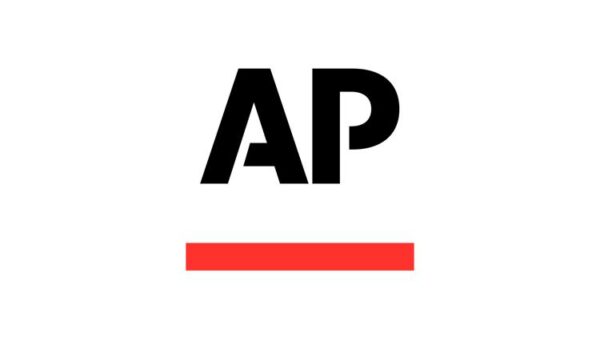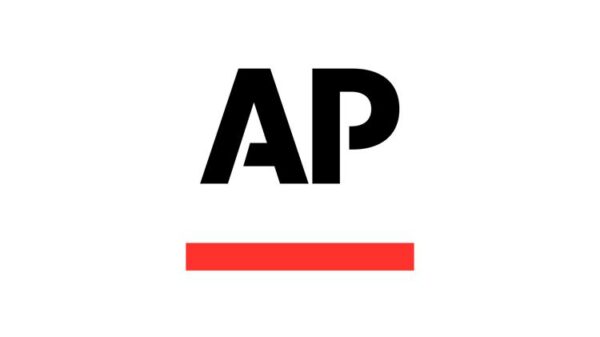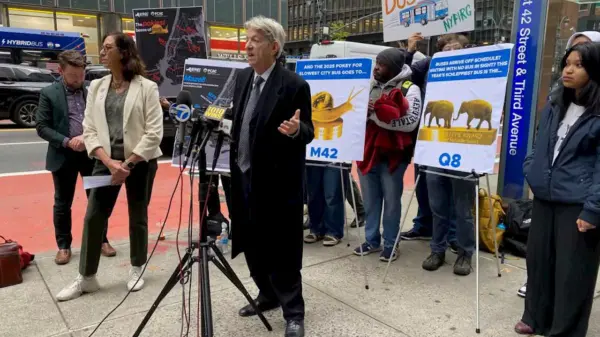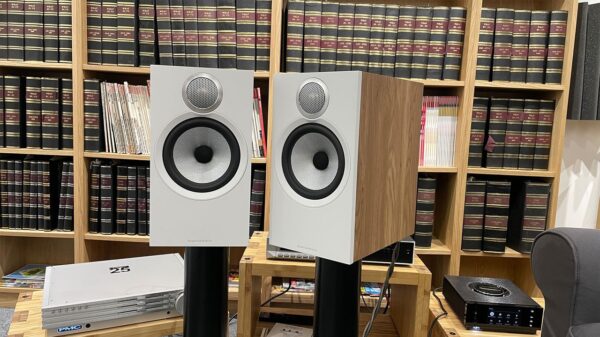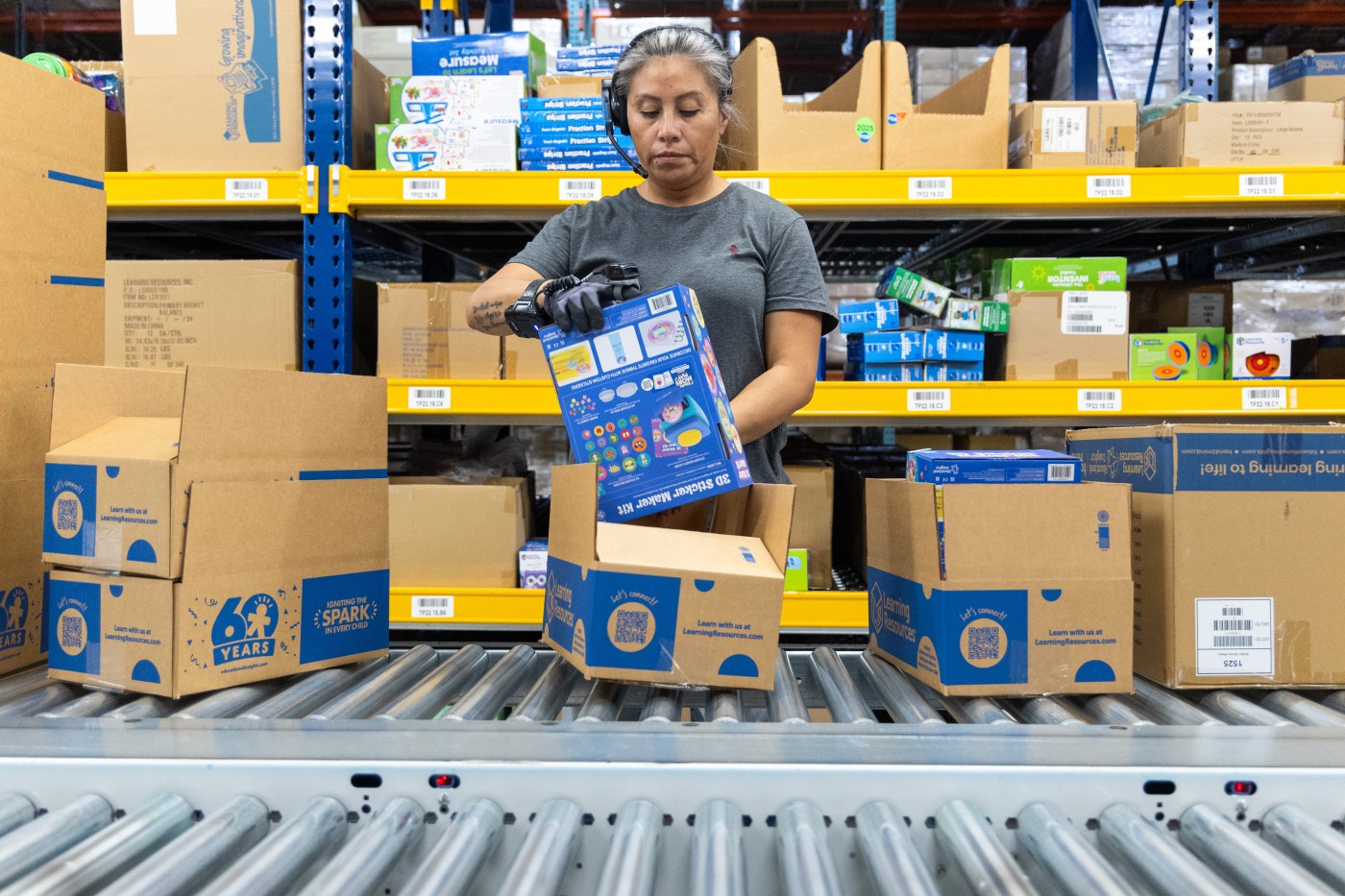In a significant legal challenge, toy manufacturer Learning Resources, based in Vernon Hills, has taken its fight against tariffs imposed by the Trump administration to the U.S. Supreme Court. This legal action comes after the company faced a dramatic increase in tariffs on goods from China, which rose from approximately 20% to nearly 104% in April 2023. The tariffs have placed considerable strain on the business, which sources around 50% of its products from China.
Rick Woldenberg, CEO of Learning Resources and its sister company, hand2mind, decided to act after the tariffs severely impacted his operations. He claimed the tariffs were unlawful and hired legal counsel to pursue a lawsuit against the Trump administration. In May, a federal court ruled in Woldenberg’s favor, stating that the administration had improperly invoked the International Economic Emergency Powers Act to impose these tariffs. Despite the ruling, the tariffs remained in effect while the administration appealed.
Earlier this month, the Supreme Court agreed to hear Woldenberg’s case on November 5, 2023, consolidating it with similar lawsuits from various states. “We believe the tariffs are unlawful. That’s why we went to the Supreme Court,” Woldenberg stated. He emphasized a desire to operate his business based on sound judgment rather than political pressures.
The rationale behind the tariffs, as articulated by President Trump, was to bolster domestic manufacturing and job creation. However, recent data shows a decline in manufacturing jobs, with the U.S. economy reportedly losing 14,000 jobs since April. A report by the JPMorganChase Institute indicated that tariffs could cost American companies a total of $82.3 billion, leading to increased prices, layoffs, and lower profit margins.
Economics professor Steven Durlauf from the University of Chicago noted that American firms typically pass on about 80% of tariffs to consumers. This results in higher product prices, which can diminish sales and hinder companies’ willingness to invest in domestic production. “In such an environment, businesses are less likely to expand or hire new employees,” Durlauf explained.
While some manufacturers support tariffs as a means to combat unfair trade practices, opinion among businesses remains divided. Mark Denzler, president and CEO of the Illinois Manufacturers’ Association, acknowledged the mixed feelings among his members. He indicated that while some companies are struggling like Learning Resources, others see tariffs as a necessary tool against international competition.
Woldenberg has attempted to mitigate the impact of tariffs without resorting to layoffs. Although he has not reduced his workforce, he has paused filling some vacant positions and increased prices on select products by approximately 5%. Additionally, he has cut costs, deferring a planned $600,000 investment in warehouse infrastructure and employee development.
Learning Resources has a long history, having conducted a portion of its production in China since the 1980s, where it has established strong supplier relationships. As tariffs escalated, Woldenberg explored alternatives, shifting some production to Vietnam and India, although he noted the challenges of maintaining quality and cost-effectiveness.
Woldenberg’s commitment to fighting the tariffs stems from a deep familial legacy in the Chicago suburbs dating back to 1916. Initially producing laboratory equipment, the family pivoted to educational toys in the 1960s. Now, Learning Resources exports toys to over 100 countries and employs around 500 people, with Woldenberg’s children representing the fourth generation engaged in the business.
As he walks through the Vernon Hills warehouse, Woldenberg reflects on the broader implications of his company’s work. He highlights the positive impacts of their products, such as helping children with speech delays improve their communication skills. “The community and millions of children have their educational trajectory affected by what we do,” he remarked. “It motivates us to fight the threat from tariffs.”
As the Supreme Court prepares to hear the case, the outcome may have far-reaching implications not just for Learning Resources but for many businesses navigating the complexities of international trade and tariffs.







